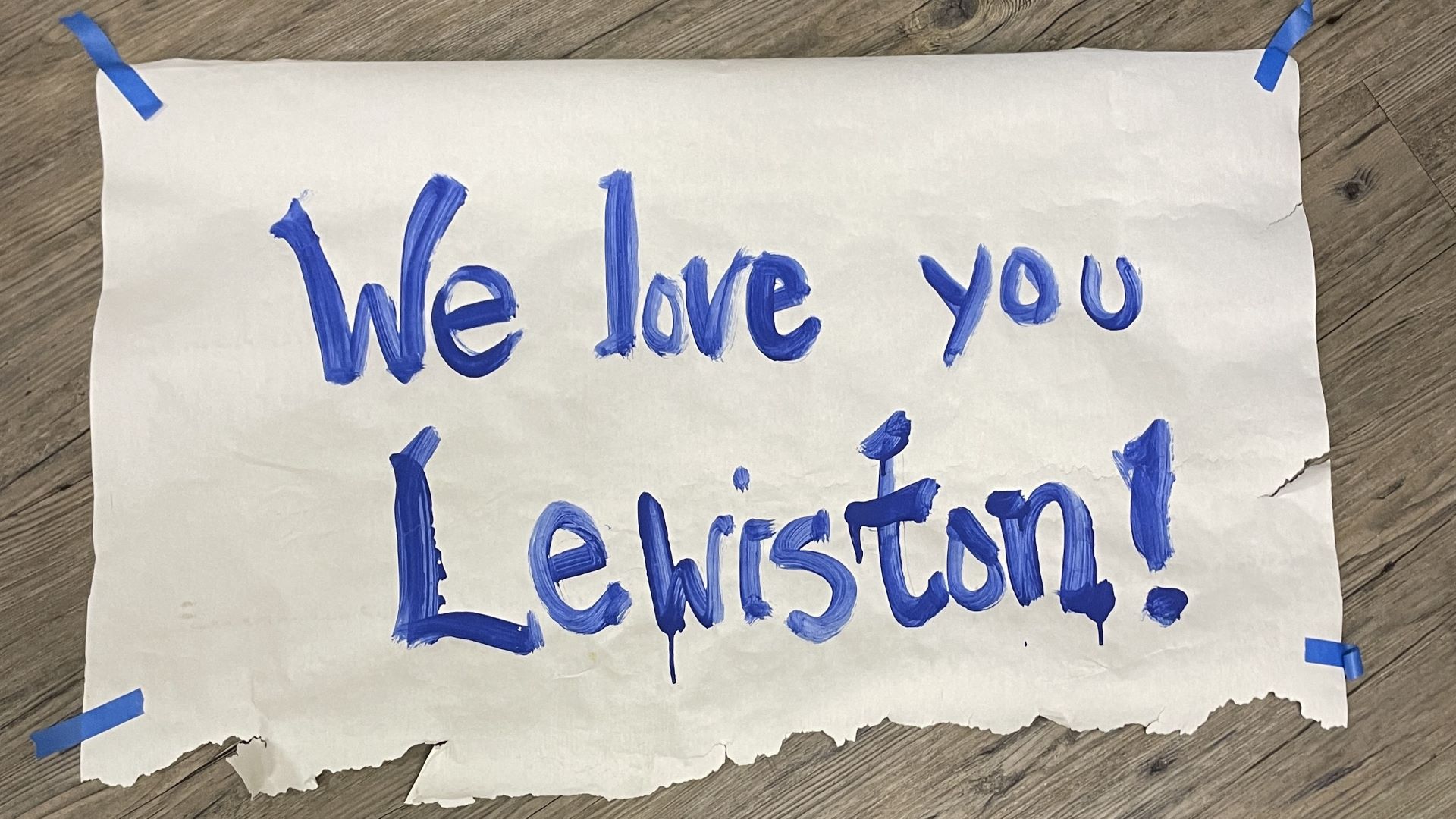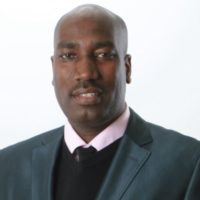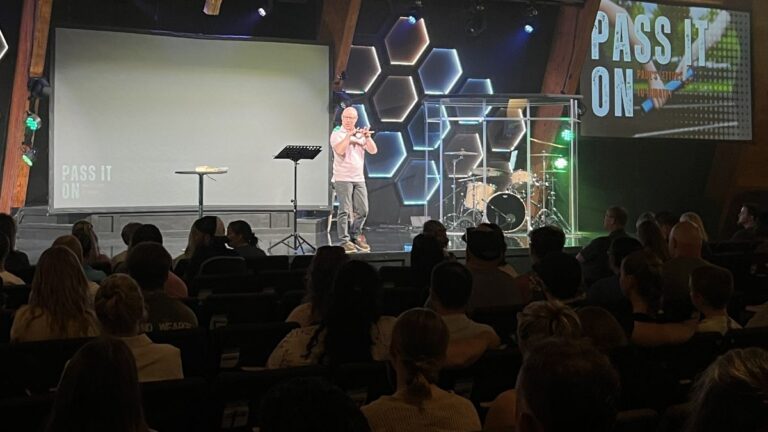The mass shooting that devastated the Lewiston community and the whole state of Maine, and took away 18 innocent lives and wounded 13 others on the night of October 25, is still fresh in people’s minds.
The long-term healing process has just started, and it may take many years to recover from the trauma of this tragedy of monumental proportions. The innocent people whose lives were cut short will be mourned for many years to come, and the emptiness left in the hearts of their loved ones, friends, and community members can never be filled.
Many members of the immigrant community are familiar with people dying at the hands of gunmen.
I have had a chance to talk to many immigrant community members since the disaster and they have all expressed their dismay over the tragedy.
Many said they could not understand the Second Amendment that gives civilians the right to bear arms. They themselves fled violence and came to Maine seeking safety.
They fear that what happened could happen again.
Richard Munyetwari, President of Mahoro Maine Association, said, “For almost three days we were locked down and unable to move, as instructed by law enforcement. As someone from the Banyamulenge community, a tribe that has suffered from numerous atrocious events back home, I could not believe a mass shooting was happening right in my neighborhood.
The event triggered so many bad memories of fear and loss, and I had difficulty sleeping until the gunman was found dead. It hurts so deeply to learn about the killing of innocent people, and my heart goes out to all the surviving family members. I know how it feels to lose a loved one at the hands of a gunman and my prayers are with them.”
Fatuma Hussein, Executive Director of the Immigrant Resource Center of Maine said, “The first thing that came to my mind was how this could have happened here in Lewiston — why here, and are we safe?
That evening I had come from a training in Bangor, where I had talked about how Lewiston has been very welcoming. My spirits were high, and when I arrived home everything was quiet and safe — until I received a frantic phone call from my son, who was in Portland, and asked if everyone was home, and safe. He informed me that there was a mass shooting taking place in Lewiston, and many people had died or were wounded. This event was so tragic, and brought back so many traumatic memories of mass killing to so many immigrant community members.”
It is hard to understand that the incidence of mass shootings in the U.S. continues to rise and no significant measures are being taken to prevent more atrocities from taking place.
I urge lawmakers and community members to work together and stop gun violence from happening.
The only meaningful ways to show sympathy for all the victims of the Lewiston shooting are to stand by them and support them through the long, difficult process of recovery — and work collectively to eradicate gun violence among civilians once for all.







